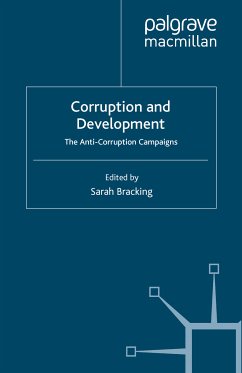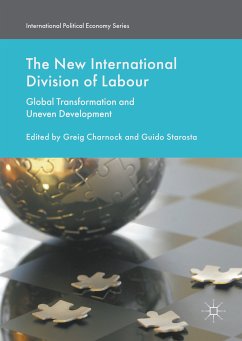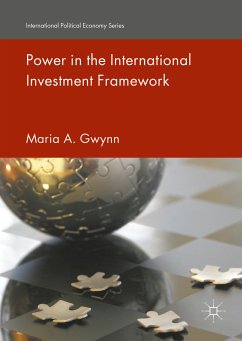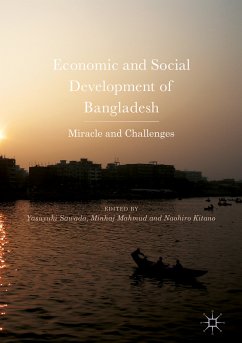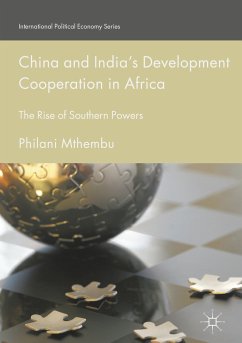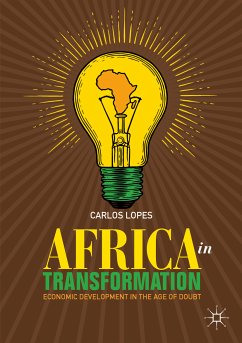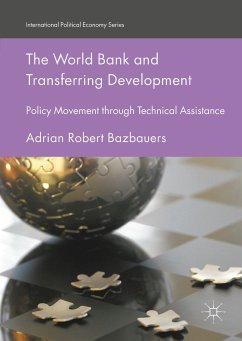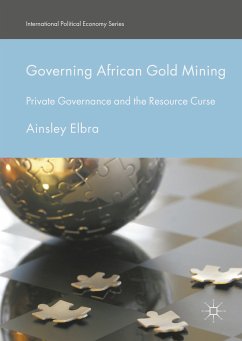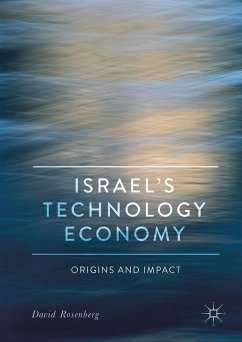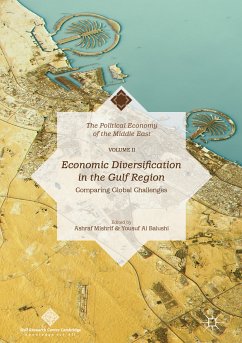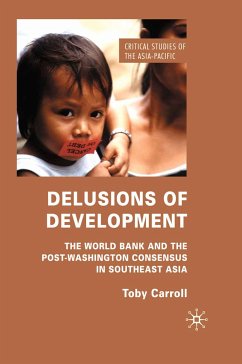
Delusions of Development (eBook, PDF)
The World Bank and the Post-Washington Consensus in Southeast Asia
Versandkostenfrei!
Sofort per Download lieferbar
40,95 €
inkl. MwSt.
Weitere Ausgaben:

PAYBACK Punkte
20 °P sammeln!
Investigates the World Bank's promotion of market-led development in the underdeveloped world and the impact that this promotion has upon citizenship. This book looks at this subject using case studies drawn from Southeast Asia, one of the world's most diverse regions.
Dieser Download kann aus rechtlichen Gründen nur mit Rechnungsadresse in A, B, BG, CY, CZ, D, DK, EW, E, FIN, F, GR, HR, H, IRL, I, LT, L, LR, M, NL, PL, P, R, S, SLO, SK ausgeliefert werden.



